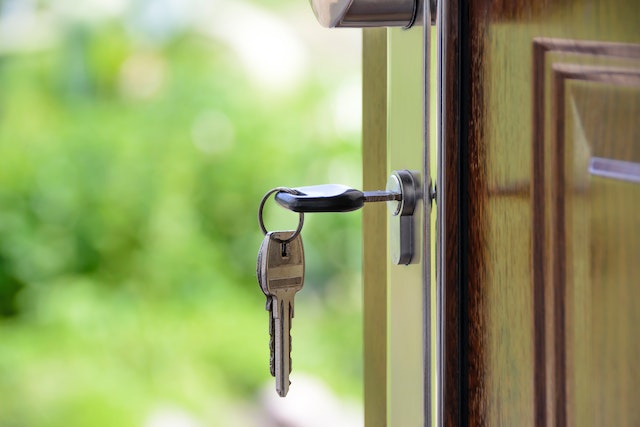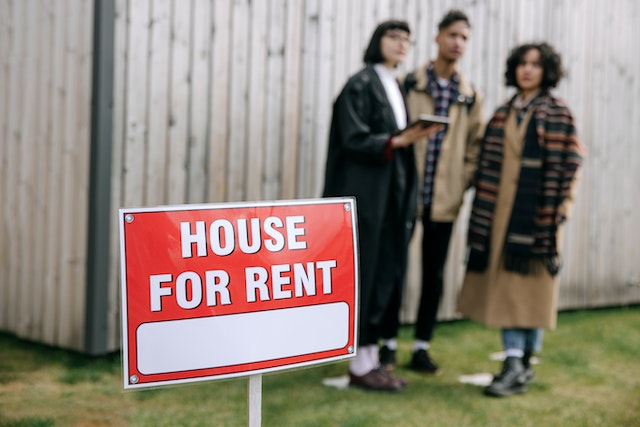Landlords have a responsibility to treat their tenants fairly and equally in accordance with the Fair Housing Act. The Fair Housing Act (FHA) is also called the Title VIII of the Civil Rights Act of 1968. (Codified at 42 U.S.C. §§ 3601-3631).
The federal legislation protects tenants and housing buyers from discrimination on the basis of certain protected classes.
In today’s blog, you’ll learn everything you need to learn about the Fair Housing Act in Alabama.
Why Was the Fair Housing Act Created?
Basically, the Fair Housing Act was created to help end discriminatory practices in housing. Prior to its passage, segregation and discrimination in housing was pretty commonplace.
The first two attempts at addressing housing discrimination was through the Rumford Housing Act of 1963 and the Civil Rights Act of 1964. However, it wasn’t until 1968 that the real groundbreaking legislation was passed.
Martin Luther King, Jr. was assassinated a week after the bill was passed into law by Congress in 1968.
What Are the Protected Classes Under the Alabama Fair Housing Act?
Tenants and home buyers are protected against discrimination on the basis of their race, color, religion, disability, nationality, familial status, and gender. Some states also have additional protections. The state of Alabama is however yet to make any legislation in this regard.

What Are Some Examples of Discriminatory Acts as per the Alabama Fair Housing Act?
The following are acts that can pass as discriminatory in the state of Alabama.
- Lying about the availability of a unit.
- Evicting a tenant on the basis of their color, race, or any other protected class.
- Harassing your tenant. This can be through verbal or written text.
- Showing limitation or favoritism in your tenant selection process.
- Retaliating against a tenant.
- Setting different criteria for tenants on the basis of a protected class.
- Making discriminatory rental ads that include statements that show preference or limitation to a particular class of tenants.
- Treating tenants differently. For instance, responding differently to maintenance issues depending on who the tenant is.
- Failing to make reasonable accommodations and modifications for disabled tenants.
Who Enforces the Fair Housing Act in Alabama?
Unlike some other states, Alabama doesn’t have statewide legislation on Fair Housing laws. Consequently, there is no statute that establishes a central agency to address fair housing complaints.
With that said, different localities may have their own agencies. An example is the Central Alabama Fair Housing Center (CAFHC). Created in 1995, the non-profit organization seeks to ensure equal housing opportunity for residents living in Central Alabama.

It serves the residents of Autauga, Barbour, Bullock, Butler, Covington, Coosa, Coffee, Chilton, Chambers, Crenshaw, Dallas, Dale, Greene, Geneva, Houston, Henry, Hale, Lee, Lowndes, Montgomery, Marengo, Macon, Pike, Perry, Sumter, Tallapoosa, and Wilcox Counties.
What Are the Penalties for Violating the Fair Housing Act?
For persons found guilty of fair housing violations, a myriad of penalties abound. They can include the following. Paying your tenant compensatory damages that may include out-of-pocket expenses to enable them to find an alternative dwelling.
Award of non-economic damages to your tenant for the mental anguish, humiliation, and/or psychological injuries you may have caused them.
Civil penalties ranging from $16,000 to $65,000 depending on whether the violation is a first time occurrence or a repeat one. Punitive damages where there is clear evidence of malicious or wilful intent.
Who Are the Individuals Prohibited From Engaging in Discrimination?
The following are the individuals that are prohibited by the Fair Housing Act from engaging in discriminatory housing practices.
- Real estate agents.
- Home developers.
- Property owners and managers.
- Mortgage lenders and brokers.
- Insurance providers.
- Homeowner associations.
Basically, any entity or person that is engaged in the process of securing housing is required to abide by the Fair Housing guidelines.

Does the Fair Housing Act Make Any Exceptions?
In very limited circumstances, the act makes limited exemptions in the following situations.
- Dwellings that have four or fewer units and the owner occupies one of them.
- A single-family home that the owner rents out on their own without using brokerage services.
- An elderly housing community that has been determined by HUD to be designed for and is occupied by people aged at least 62 years.
- Private clubs and religious organizations that give preference to members.
How Can Landlords Avoid Potential Discrimination Accusations in Alabama?
As you can see, the Fair Housing Act is an important piece of legislation that you must familiarize yourself with when renting out a property. Violating it, whether done inadvertently or not, can have severe legal and financial consequences.
The following are some tips to help you stay compliant.
- Treat tenants equally. You may not want, for example, to become too friendly with one tenant over another. This can result in hard feelings that can lead to discrimination claims even if it has nothing to do with marginalizing the other tenant.
- Be careful of what you say. Telling a prospective tenant, for instance, that a unit isn’t available when it actually is can come back to haunt you.
- Act professionally in all interactions you have with your tenant. Regardless of the situation, always maintain a cool demeanor.
- Enforce the same policies on tenants. If you charge late fees on one tenant, then make no exceptions for others, for instance.
- Review your rental ads carefully. You should nor word your rental ads in a way that some groups feel marginalized or discriminated against. For example, you may want to avoid including phrases such as “Ideal for a Professional.”

Bottom Line
There you have it – all the basics of the Fair Housing Act in Alabama that you should know. The only way to run a successful rental investment business is by treating all tenants equally and fairly regardless of their race, color, sex, nationality, religion, disability, or familial status.
If this seems daunting to you, consider partnering with APM Leasing & Management. We are familiar with all aspects of the Fair Housing Act, therefore you don't have to worry. Contact us today to get started!
This blog should not be used as a substitute for legal advice from a licensed attorney in your state. Laws change, and this post might not be updated at the time of your reading. Please contact us for any questions you have in regards to this content or any other aspect of your property management needs.